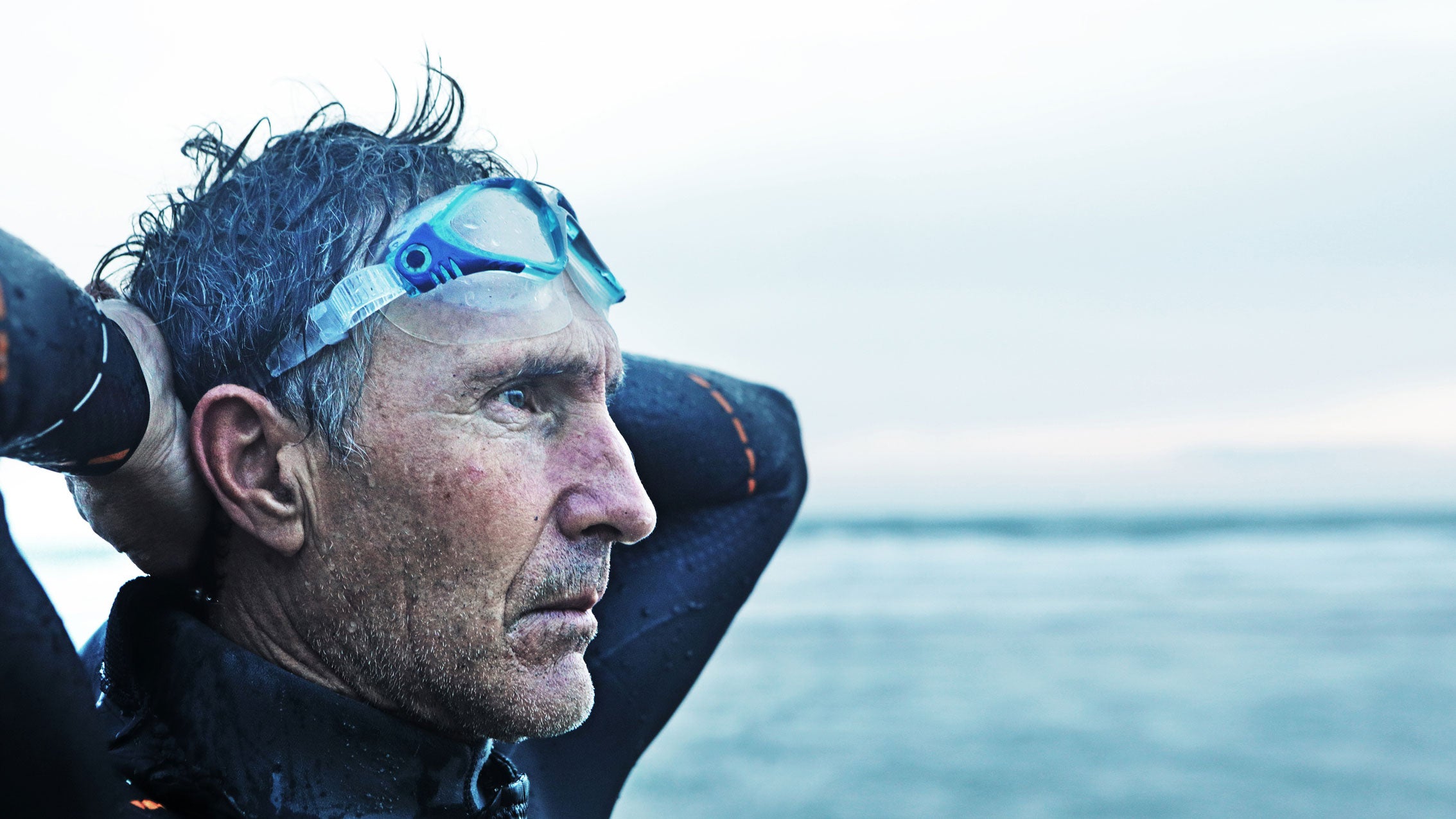The Mature Athlete: Why Triathlon is the Best Sport for Aging Athletes

For Jennifer Harrison, owner/coach at JHC Triathlon in Chicago, a large percentage of her clients are masters athletes. In fact, she coaches three athletes who are men in their 70s, still racing on the regular. Part of the reason they train with Harrison, she said, is that she’s a masters athlete herself. But there’s another reason, too: triathlon is all-around the perfect sport for aging athletes.
“The variety of workouts and muscles used for triathlon is so much better for the body than the pounding of running alone, or even the wear and tear of lots of swimming,” Harrison said. “It has a lot to offer older athletes.”
Physical therapist and performance coach Chris Johnson, owner of Zeren PT in Seattle, agrees with Harrison. “Thanks to the fact that there are three disciplines to work on, we can stagger workouts and ensure optimal recovery,” he said. “It’s a more forgiving sport.”
RELATED: Read the full series on mature athletes.
- Tackling the Mental Hurdles of Aging
- The Physical Changes Female Athletes Face As They Age
- The Physical Changes Male Athletes Face As They Age
The Physical Aspects of Triathlon Lend Themselves to Aging Athletes
The longer nature of triathlon also makes it friendly to an aging body. Regardless of which distance you’re racing as a triathlete, you’re going to be out there longer than for many other types of sport. “Even though older athletes experience changes like a lower VO2 max and lower max heart rate, they can still carry on in the sport and put in decent results,” Johnson said, simply because of the endurance and duration. “This is especially true for those who have trained consistently over time and kept their volume and intensity up.”
This holds true with muscle fiber make-up as well. Masters athletes don’t have as much explosive power as younger athletes because of a deterioration of fast-twitch muscles. In triathlon, that’s rarely a problem because the longer efforts don’t rely as much on explosive fast-twitch fibers.
As triathletes age, this is also why it’s important to adjust training loads. Generally, Harrison said, she mixes up the challenged and reduces the load on the body, which typically means less running and more swimming or cycling. “It’s usually the run that gets you in trouble,” Johnson said, “but you can maintain your aerobic capacity nicely with the other two sports.”
But Triathlon’s Elder Appeal Goes Beyond Physical
While multi-sport is gentler on the body than a single sport, triathlon has other reasons for being a good fit as athletes age. To begin, it’s not a cheap sport. “Once athletes reach middle age, they tend to have more disposable income, which is key for triathlon,” Harrison said. “The equipment, the cost of race entry—it adds up.”
This is also an age where most athletes have more settled lives and therefore more time to devote to their hobbies and passions. “This is a point in their careers where they have the resources and also the appreciation for health and well-being,” said Johnson. “They can use the extra time for training.”
Harrison notes that triathlon is good for the aging mind, too. “People get bored of playing softball or even running their local 10Ks,” she said. “Triathlon offers up the challenges of mastering three sports. It’s like a puzzle and they enjoy putting it all together for the best results.”
The sport also offers myriad opportunities to be social, pandemic not withstanding. Group rides, masters swim practices, track workouts, and the like all afford aging athletes a chance to make and strengthen ties with others who share their interests. “The workout followed by a cup of coffee or a beer with a few friends becomes an integral part of their world,” said Harrison. “It really becomes an outlet for people who are maybe no longer in the workplace or no longer so career-oriented.”
There’s also the fact that as athletes gain experience and cross off goals, many begin to mellow and approach racing with a different mindset. “In our earlier decades, we’re pretty competitive and dedicated to intense training,” Harrison said. “You might not go out for an easy ride with a friend if you’ve got a specific workout on your schedule.” But after time in the sport, that might begin to shift. “We soften as we age,” Harrison said. “The intensity goes down and we make room for some fun. That’s a good thing.”
No matter what your preferred distance in the sport, one thing is clear: If you’re an older athlete, you’ve arrived in the right sport.